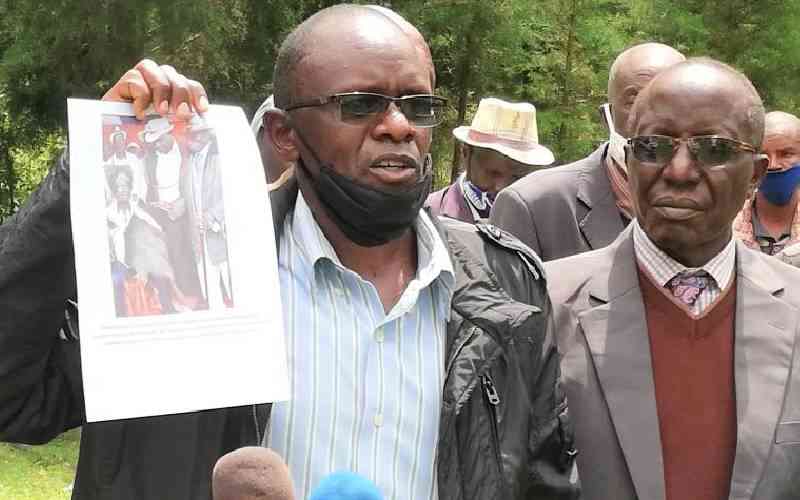×
The Standard e-Paper
Home To Bold Columnists

Divisions have started to emerge among Talai clan elders over what they say are unfulfilled promises and political exploitation, two weeks to the commemoration of the death of the legendary leader Koitalel arap Samoei.
A ceremony that was set to take place on October 19 now hangs in the balance after one group of elders protested the State's failure to address historical injustices. They accused their colleagues of pretending to champion the community's interests for their own gain.